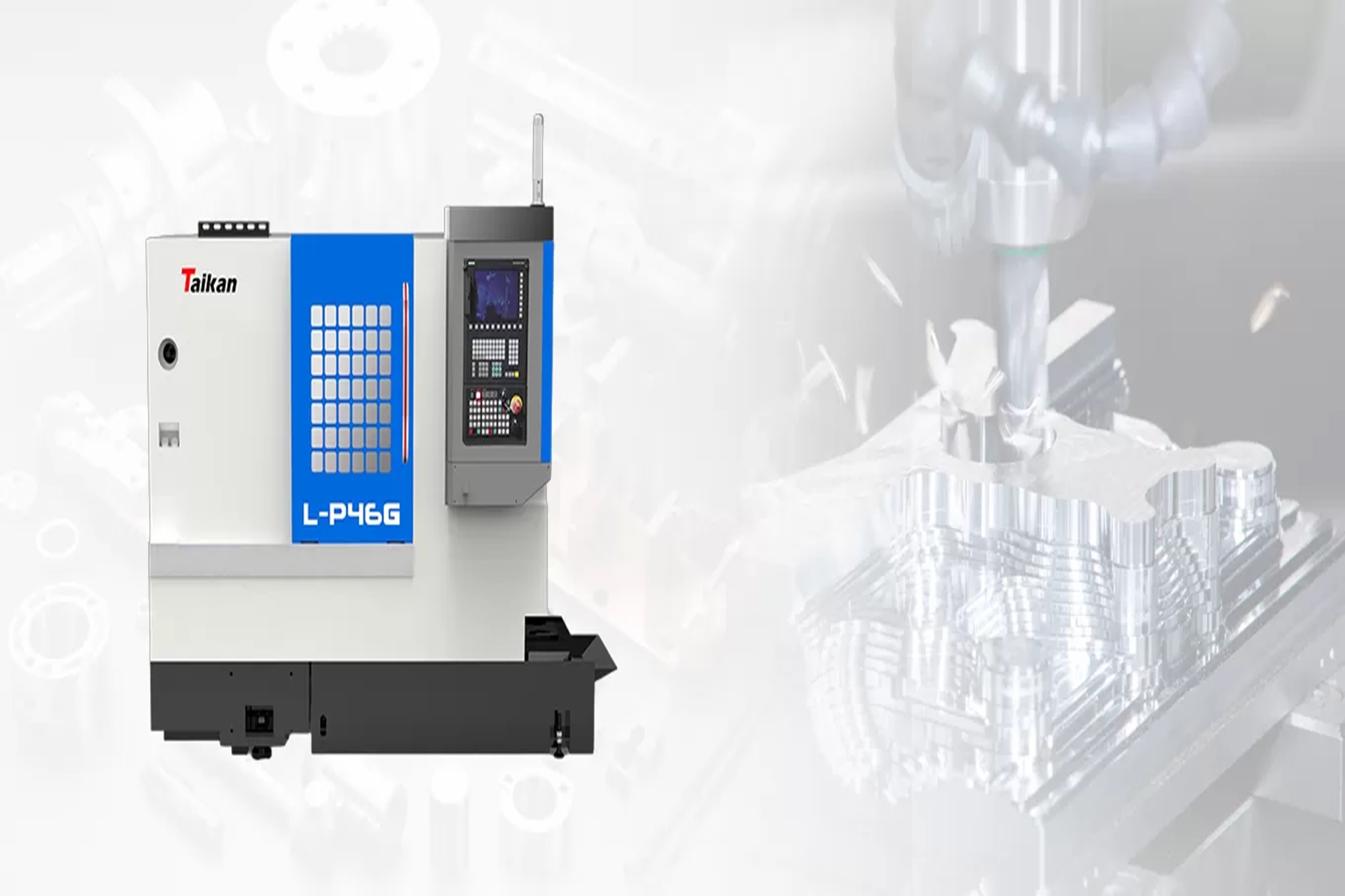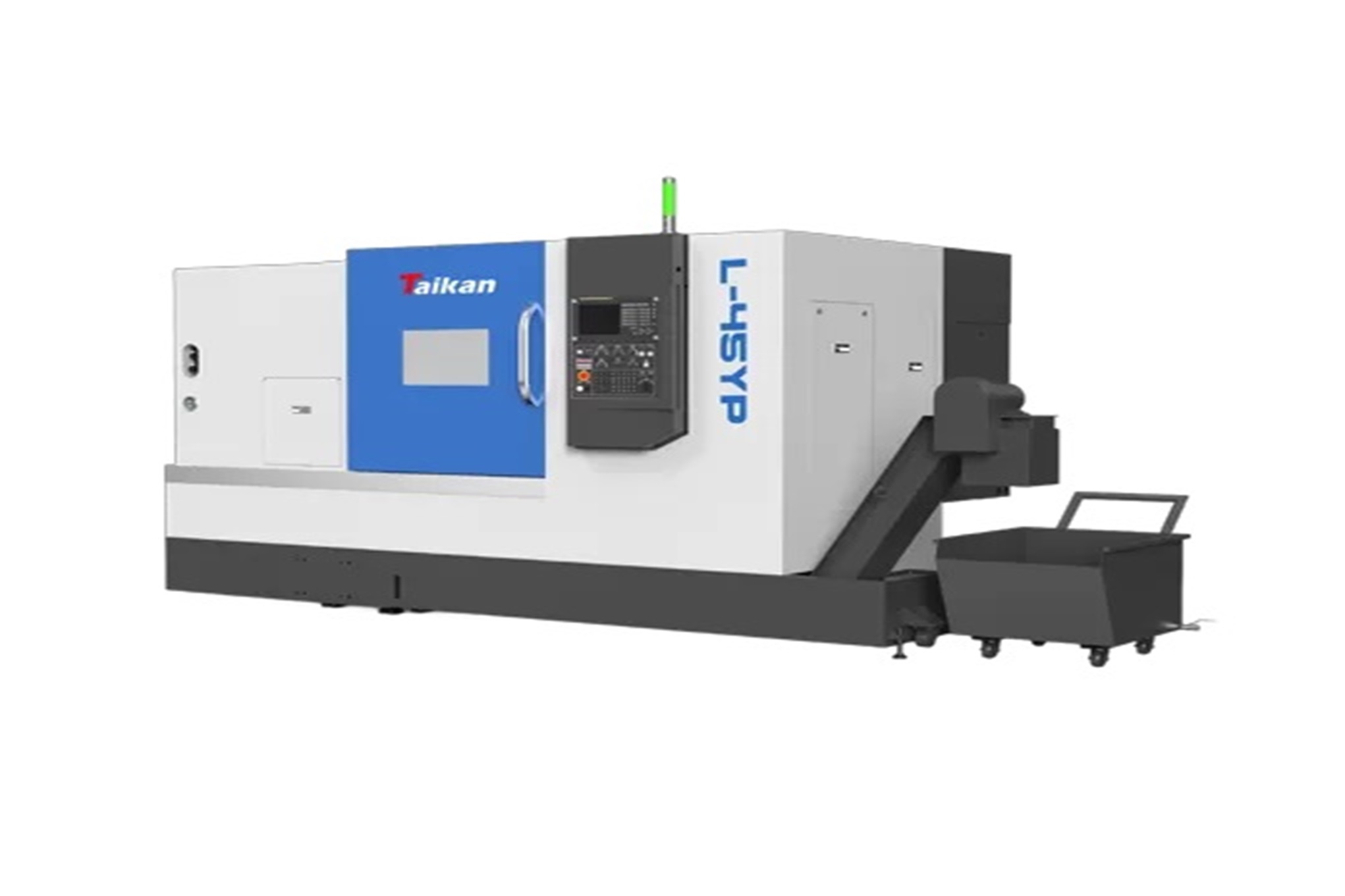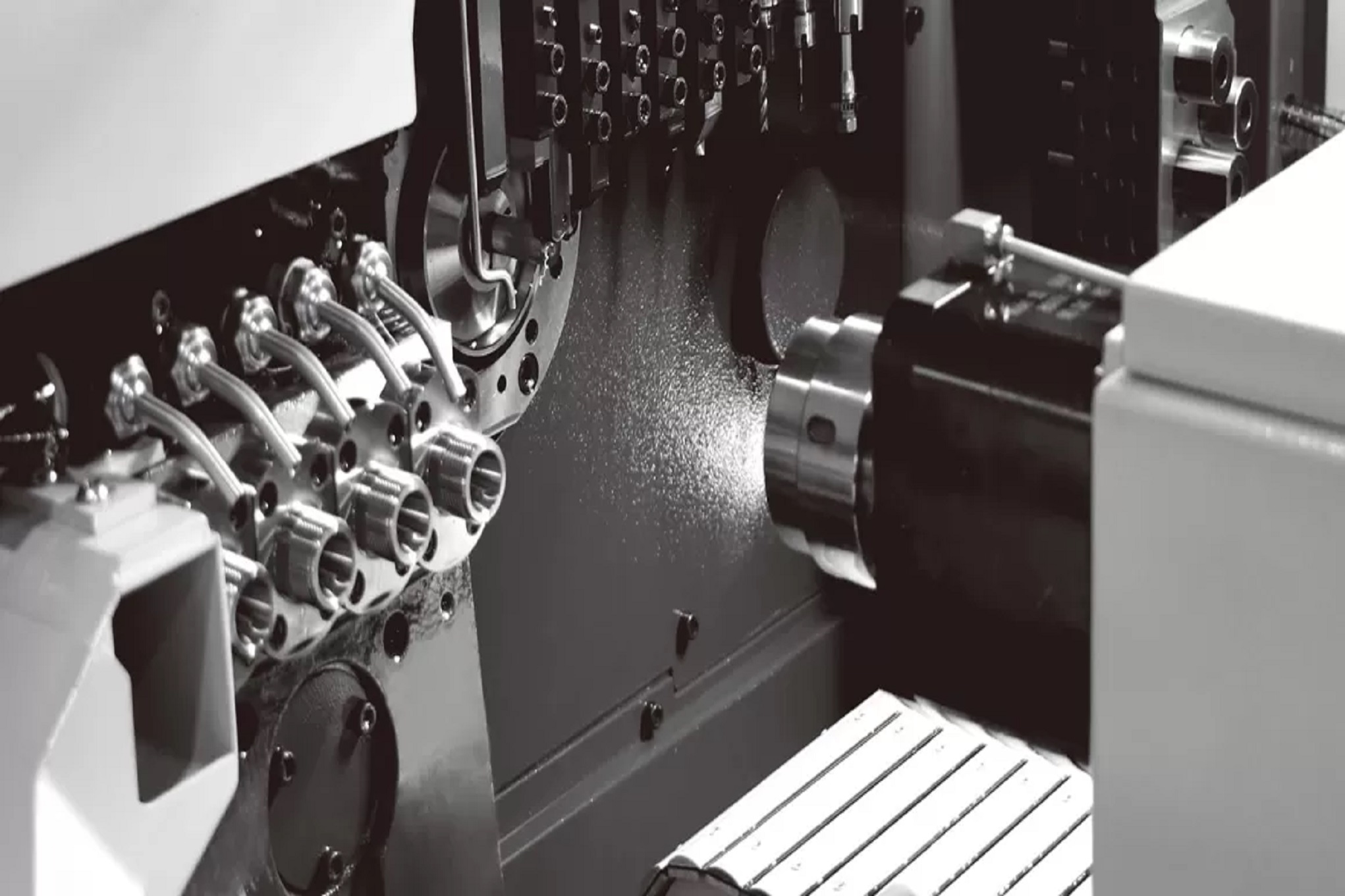Purchasing a CNC horizontal lathe machine represents a significant investment for any manufacturing facility, but the process does not end with delivery. Acceptance inspection is critical to ensure that the equipment meets specifications, operates reliably, and is ready for production. As more companies source their machinery from a leading China CNC machine manufacturer such as Taikan, understanding what to check during acceptance helps protect the investment and ensures long-term performance.
Verifying Technical Specifications and Documentation
Before the first trial run, it is essential to verify that the machine's specifications match the purchase agreement. This includes checking spindle speed ranges, chuck size, maximum swing over bed, and tool turret capacity. The control system should be exactly as ordered, with the correct software version installed and necessary language or program packages included. Accompanying documentation—such as operation manuals, electrical schematics, and maintenance guidelines—should be complete and in the language required by the operating team. This step ensures that the equipment is exactly what was contracted for, avoiding operational surprises later.

Precision and Performance Testing
One of the most important stages in accepting a CNC horizontal lathe machine is evaluating its machining accuracy. Test cuts should be performed on sample workpieces to measure dimensional tolerances, surface finish quality, and concentricity. The repeatability of tool positioning must be checked to ensure that the machine can maintain precision over multiple runs. Cutting performance under different speeds and feed rates should also be tested, simulating actual production conditions to confirm that the machine performs to expectations.

CNC Horizontal Lathe Machine vs. Improperly Accepted Equipment
Proper acceptance inspection can make the difference between smooth integration and costly downtime.
Aspect | Properly Accepted CNC Horizontal Lathe Machine | Improperly Accepted Equipment |
Accuracy | Meets tolerance requirements consistently | Deviations found during production |
Reliability | Runs stably under load | Frequent stoppages or alarms |
Documentation | Complete and clear manuals provided | Missing or incomplete paperwork |
Safety | All guards, sensors, and safety features tested | Safety systems unchecked or faulty |
Readiness | Fully operational after installation | Requires additional adjustments or parts |
This comparison underscores why acceptance should be methodical and thorough, protecting both production schedules and investment returns.

Checking Safety Systems and Operational Stability
A CNC horizontal lathe machine is a powerful piece of equipment, and safety must be verified before it goes into service. Interlocks on doors, emergency stop functions, overload protection, and coolant containment systems should be tested. Vibration levels during operation should be within acceptable limits, as excessive vibration can shorten tool life and reduce machining accuracy. Ensuring that all safety and operational systems are functioning correctly not only protects operators but also extends the lifespan of the CNC horizontal lathe.
Ensuring After-Sales Support and Training
A reputable China CNC machine manufacturer will provide robust after-sales support and operator training as part of the acceptance process. This includes confirming that local service teams are available for future maintenance needs, spare parts supply chains are reliable, and technical support channels are responsive. Training sessions should cover basic operation, CNC programming, troubleshooting, and routine maintenance so that the in-house team can confidently operate the machine from day one.
With 20+ years of experience and over 700 patents, Taikan leads in precision CNC solutions. Our ISO-certified horizontal lathes come in 9 series with customizable configurations to meet diverse machining needs. Supported by a global sales and service network in 50+ countries, we ensure fast response, professional after-sales support, and maintenance training.
Welcome to Contact Us!

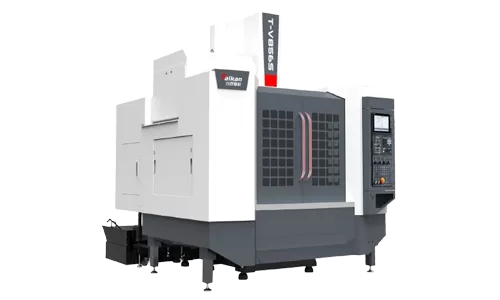
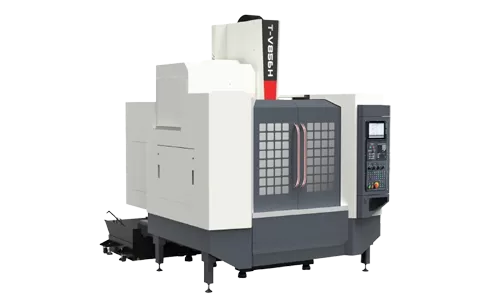
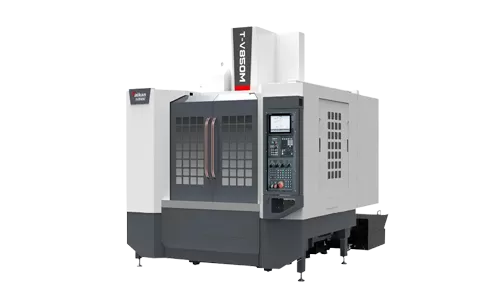
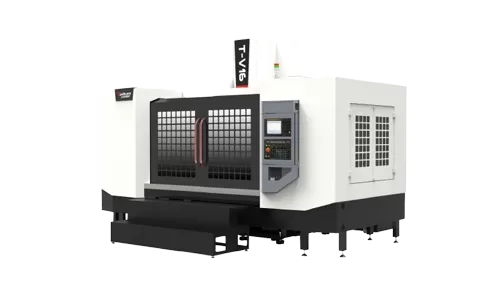
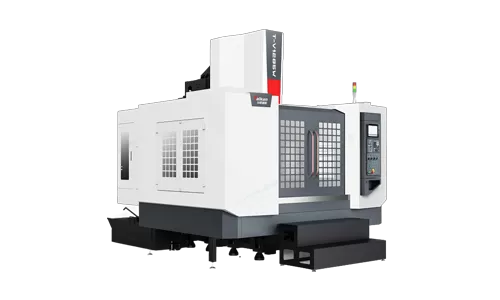
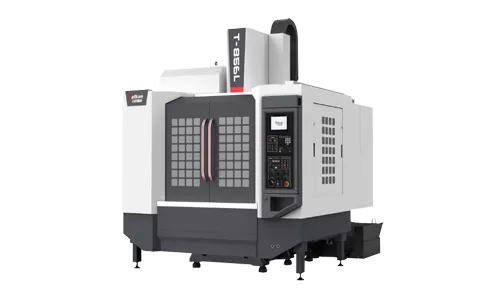
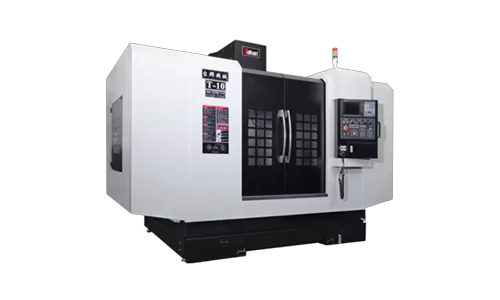
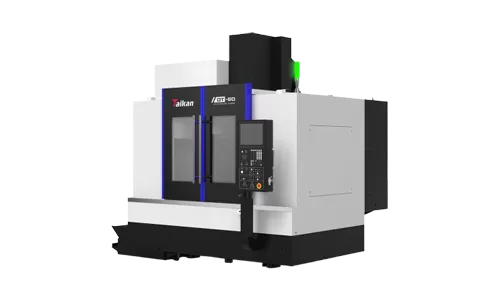
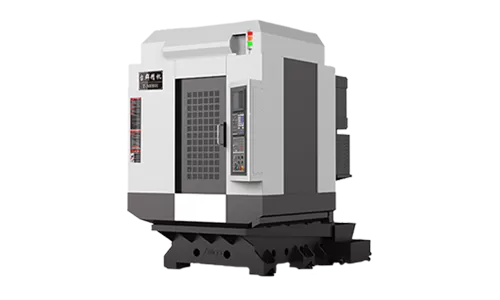
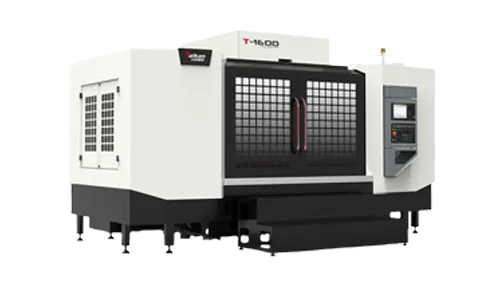
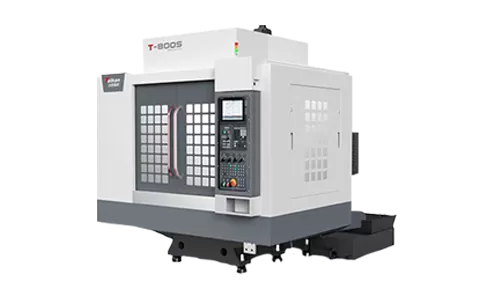
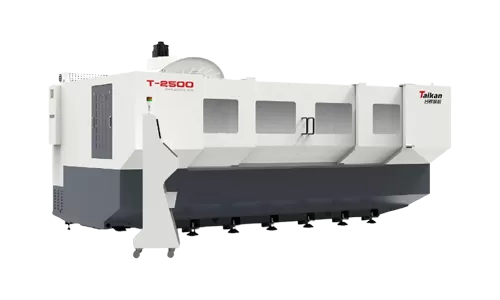
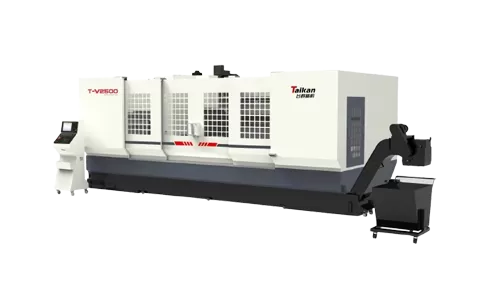
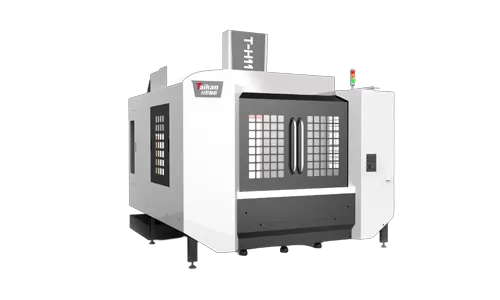
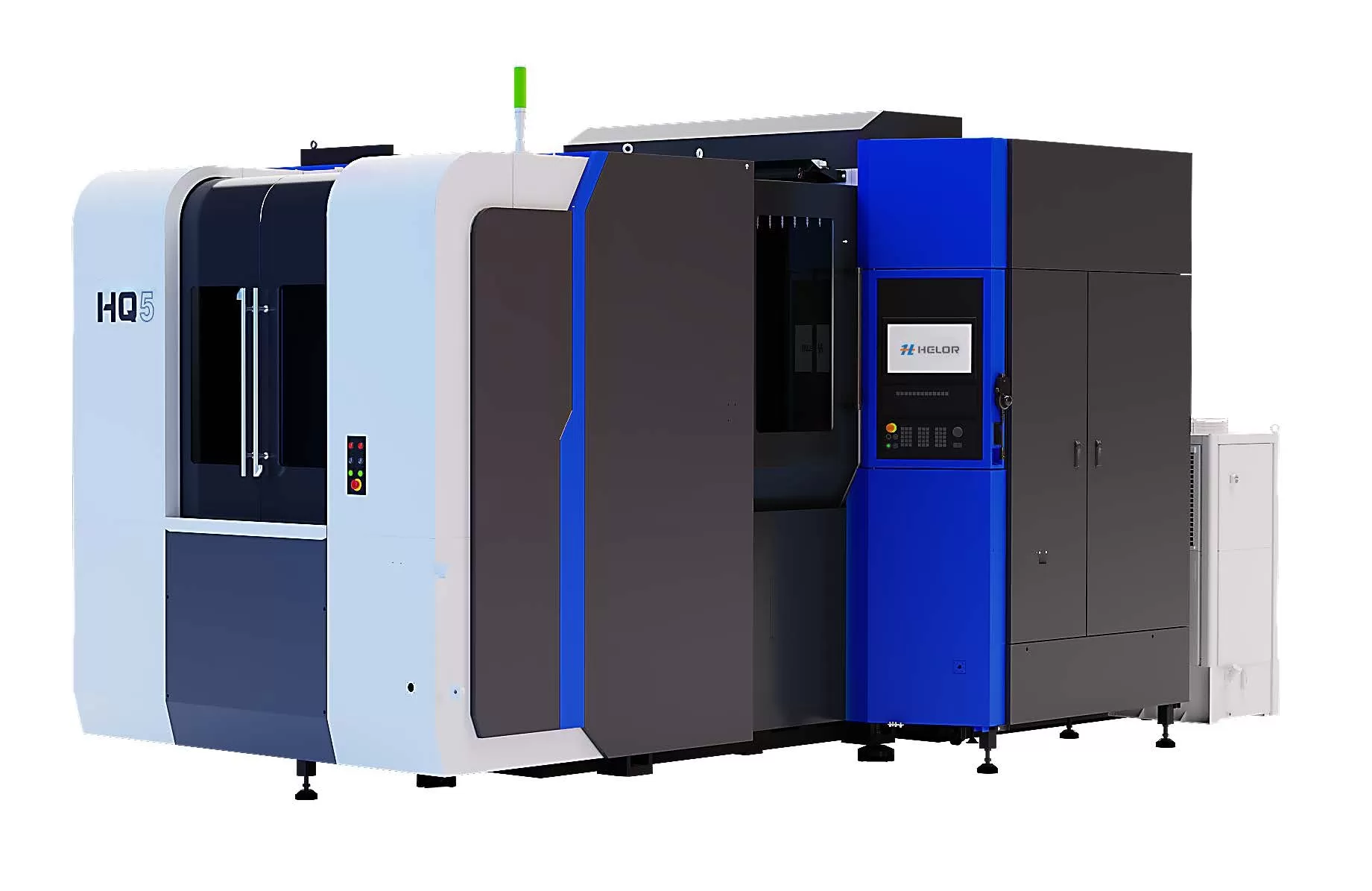
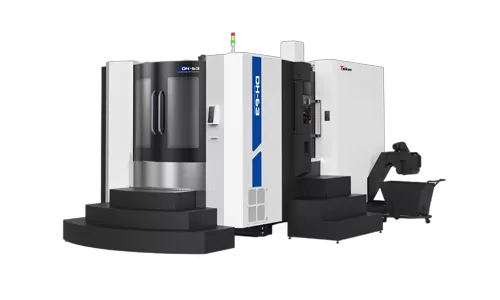
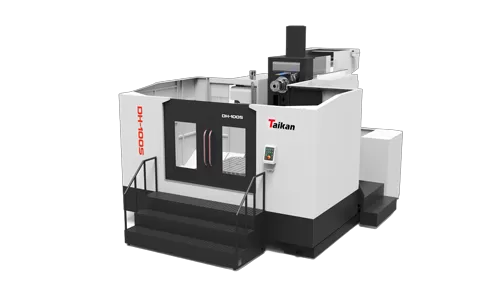
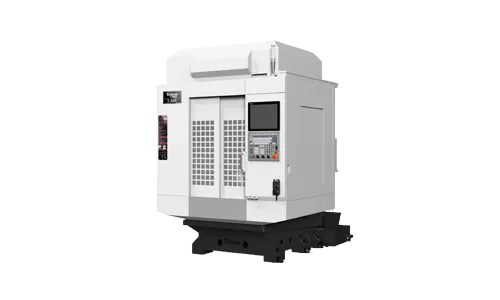
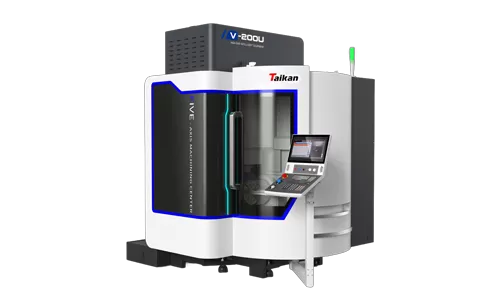
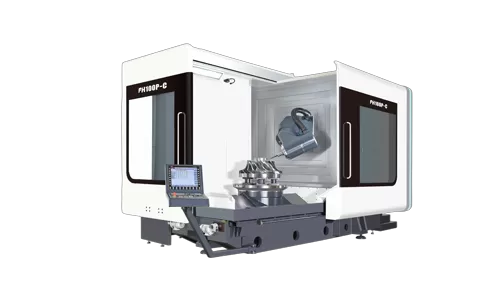
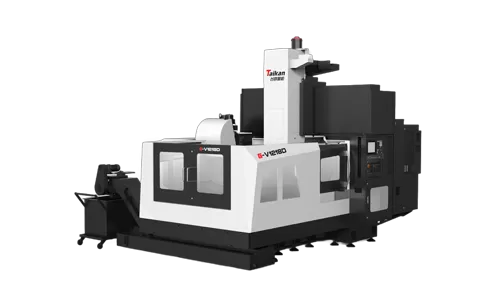
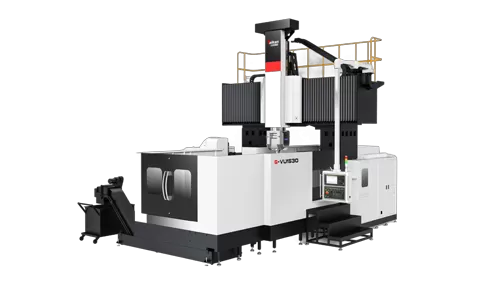
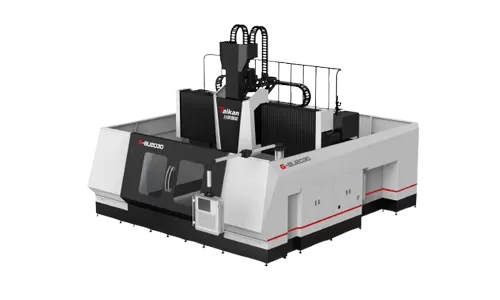
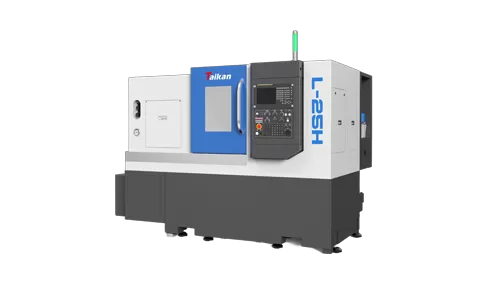
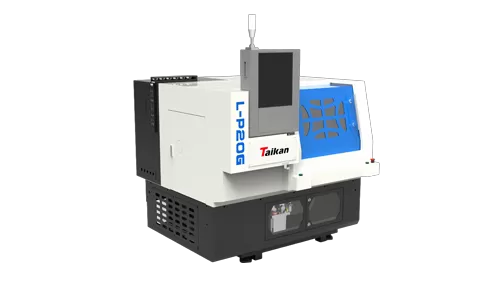

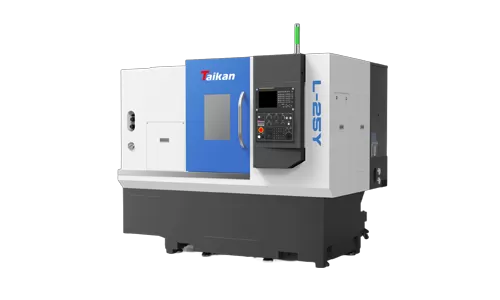
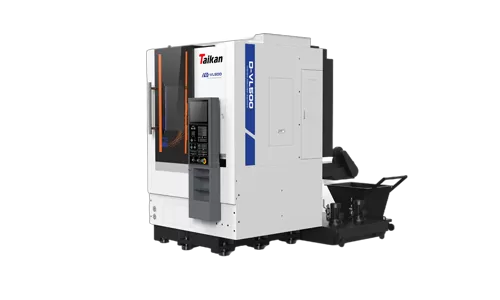
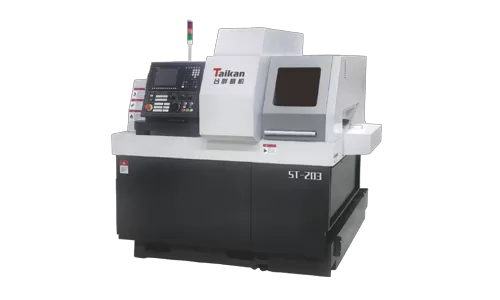
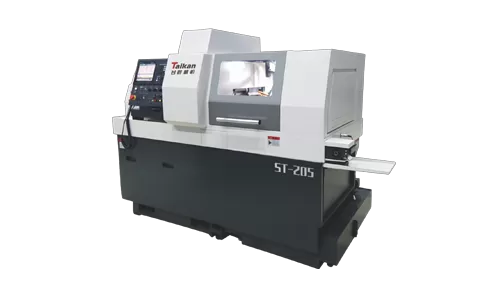
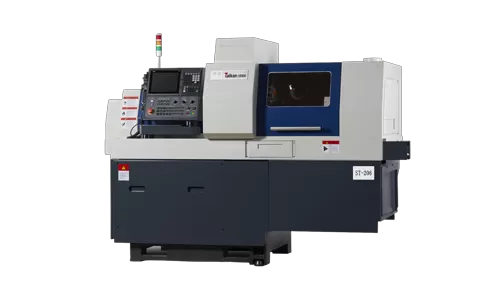 Vertical Machining Center Drilling and Milling Machining Center Profile Machining Center Horizontal Machining Center 5-Axis Machining Center Gantry Machining Center CNC Lathe CNC Swiss-Type Automatic LatheS series Standard Edition with 3-Axis Linear Guide Rails H Series Advanced Edition with 3-Axis Linear Guide Rails M Series Excellent Rigidity T-V Series Light Cutting W Series Hub Machining L Series Two Rails and One Hard Rail T Series 3-Axis Hard Rail DT Series High Precision Vertical Machining CenterB Series Drilling & Milling Machining Center S Series Drilling & Milling Machining Center SE Series Drilling & Milling Machining CenterT Series Moving Column Type & BT30 (Tilt-Disc Tool Magazine) V Series Moving Column Type & BT40 (Tilt-Disc Tool Magazine)T-H11 Horizontal Machining Center HQ5 High Rigidity Horizontal Machining Center DH-63 Horizontal Machining Center DH-100S Horizontal Machining CenterT-U Series 5-Axis Tapping Machining Center V-U Series Vertical 5-Axis Machining Center FH Series 5-Axis Milling and Turning Machining CenterG-V Series 3-Axis Linear Guides G-VU Series 5-Axis Gantry Machining Center G-BU Series Bridge 5-Axis Gantry Machining Center
Vertical Machining Center Drilling and Milling Machining Center Profile Machining Center Horizontal Machining Center 5-Axis Machining Center Gantry Machining Center CNC Lathe CNC Swiss-Type Automatic LatheS series Standard Edition with 3-Axis Linear Guide Rails H Series Advanced Edition with 3-Axis Linear Guide Rails M Series Excellent Rigidity T-V Series Light Cutting W Series Hub Machining L Series Two Rails and One Hard Rail T Series 3-Axis Hard Rail DT Series High Precision Vertical Machining CenterB Series Drilling & Milling Machining Center S Series Drilling & Milling Machining Center SE Series Drilling & Milling Machining CenterT Series Moving Column Type & BT30 (Tilt-Disc Tool Magazine) V Series Moving Column Type & BT40 (Tilt-Disc Tool Magazine)T-H11 Horizontal Machining Center HQ5 High Rigidity Horizontal Machining Center DH-63 Horizontal Machining Center DH-100S Horizontal Machining CenterT-U Series 5-Axis Tapping Machining Center V-U Series Vertical 5-Axis Machining Center FH Series 5-Axis Milling and Turning Machining CenterG-V Series 3-Axis Linear Guides G-VU Series 5-Axis Gantry Machining Center G-BU Series Bridge 5-Axis Gantry Machining Center
 es
es  pt
pt  ar
ar  tr
tr  fr
fr  de
de  it
it  th
th  vi
vi  pl
pl  ms
ms  hi
hi  id
id  kk
kk 


